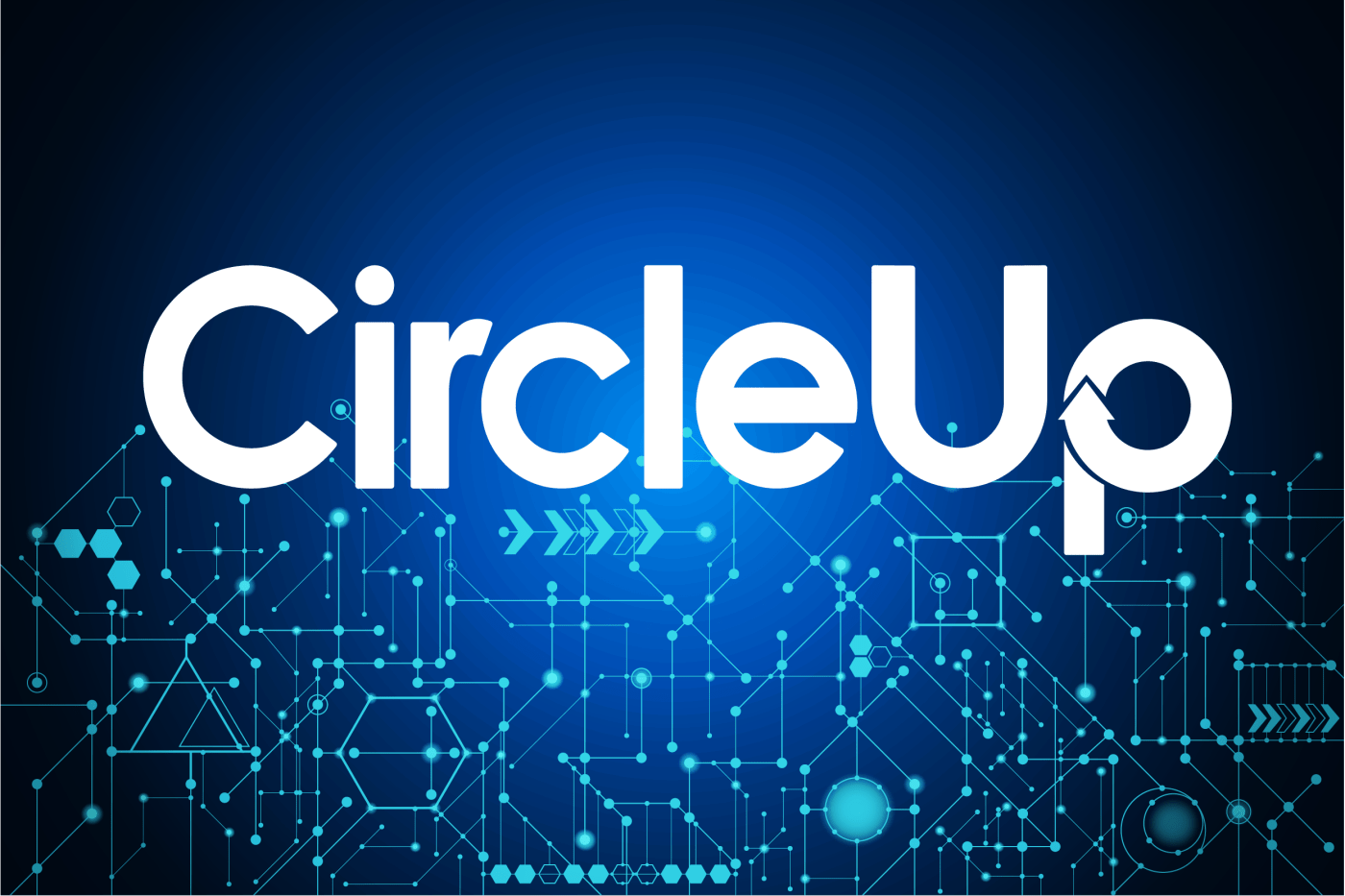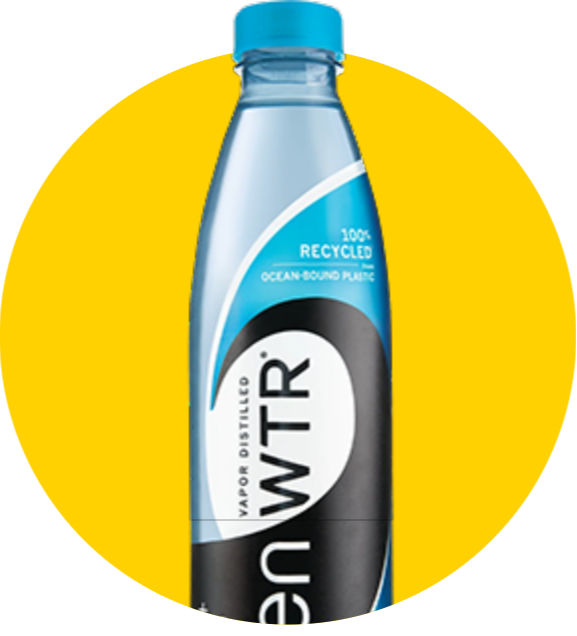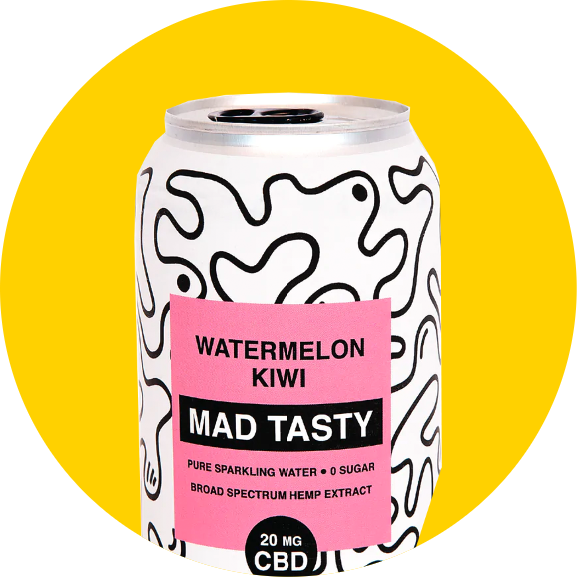In my career, I’ve had the privilege of working in teams across a spectrum of industries – life sciences, semiconductors, hedge funds – that have allowed me to experience and learn from a wide range of perspectives. Across these diverse roles, one consistent theme has been the use of data to drive efficiency, increase productivity, and lower costs. In my most recent role prior to CircleUp, I led the investing and analytics team at a fintech startup called Motif where I helped create a next-generation data-driven investment platform. Now I am at CircleUp where I have the opportunity to work with a high-caliber team of data scientists, engineers and investing professionals to shape an investment platform that can fundamentally transform the way entrepreneurs raise capital and use data to scale their businesses.
So what made me decide to join CircleUp? Last December, I met the CircleUp team and was truly inspired by the mission – to help entrepreneurs thrive. I was impressed by how CircleUp was addressing the challenge of bringing transparency and efficiency to early-stage consumer companies through a unique data-driven approach. I believe CircleUp sits at the intersection of three powerful themes that are shaping our economy and markets – information, efficiency gaps, and the consumer. I’d like to talk a bit more about each of these themes and why it gets me excited to be at CircleUp.
Information Explosion and the Next Wave in Fintech
The volume of data generated by an ever-growing number of sources – smartphones, point-of-sale devices, social platforms etc. – has been exploding. That taken together with rapid advances in computational power and unprecedented access to cheap storage is transforming vast sectors of our economy from transportation and retail to healthcare and financial services. The magnitude of impact is such that one commentator has introduced the analogy that “Data is the new Oil”.
A related technology-driven trend in the past few years has been the advent of firms using advances in software and hardware to build products and services around the online distribution of loans, automated investing, and easy-to-use payment platforms. Much of this first wave was focused on online distribution focused on meeting the needs of a digitally native generation. A majority of the innovation in this first wave was driven through intuitive user interfaces and lower costs but didn’t really transform the underlying products: checking accounts, loans, funds etc.
We are now beginning to see the second wave of technology-driven innovation in financial services, a wave we hope would create fundamentally new products and solutions. This second wave I anticipate would be driven by learning systems that leverage the information explosion to create banking products for the underbanked, dynamically priced insurance products, loan products that price risk using non-traditional metrics and flexible retirement solutions.
CircleUp is part of this second wave. We are building Helio, our machine learning platform, to use the wealth of data (on distribution, product, brand, category, etc) in the consumer and retail world to provide capital and insights that help entrepreneurs scale their businesses.
Market Efficiency and its Lack Thereof
As an investor in public markets, I was often confronted with the view that markets are efficient i.e. prices reflect all available information. What is often misunderstood is that the efficient markets hypothesis is a model, and that all markets exhibit some degree of inefficiency. Along the continuum of informational efficiency, one could argue that US large cap stocks are probably closest to being efficient but the efficiency diminishes as you traverse the universe of less liquid asset classes such as small cap stocks, emerging markets and private markets.
The information explosion and the advances in data science and engineering create an exciting opportunity to take on the inefficiency challenge. Specifically, consumer companies (defined as any product that you can buy in a store or online) generate enormous amounts of data through their operations and engagement with their customers. Granted, the data can be voluminous, unstructured, and messy, but at CircleUp we believe that a well-engineered approach to collecting and processing data can solve the information asymmetry and lack of discoverability in the private consumer market. We also love that the messy data creates a nice barrier to entry.
Organizing and processing the vast amounts of disparate data sources in the consumer sector drives CircleUp’s vision to create a transparent and efficient market that drives innovation for all. Informational efficiency directly benefits entrepreneurs making it easier for them to have a finger on the pulse of consumers, customers, distributors, and competitors. Greater market transparency and efficiency also leads to more efficient allocation of capital the benefits of which accrue to the entrepreneurs and firms creating most value.
From an investing perspective, I’m also excited about improvements in informational efficiency creating opportunities for systematic investing much like the rise of indexed strategies in the public equity markets. The advantage of systematic investing is that LPs can realize operational efficiencies and can be more creative about sourcing. That means greater capacity, avoidance of cognitive biases, less time spent on low value-add tedious tasks, and more time working directly with portfolio companies.
The Changing Face of Consumer
In the public markets, I would often encounter reasons to be skeptical of the US consumer sector for a multitude of reasons: Amazon taking market share from industry incumbents, products not resonating with millennials, too many shopping malls in America’s suburbs, and the billions in borrowings on the balance sheets of troubled retailers. There have been instances of driving profitability in some large CPG firms through brutal cost-cutting as seen in 3G’s high-profile acquisitions, but industry players generally recognize that copycat cost cutting is not an effective growth strategy.
A much more optimistic picture emerges when you look at the landscape of emerging companies within the CPG space. Smaller players are outperforming most established CPG categories, including the largest and most consolidated such as dairy or bakery. Today’s consumer is different – they may opt for brands because they offer local sourcing, healthier or organic ingredients, or have an inspiring story. Moreover, brands today have the unprecedented opportunity to speak directly to their customers through social channels like Facebook or Instagram. Such is the strength of the trend that larger companies like Coca-Cola have been forced to pay kingly sums for upstart consumer brands in the later stage.
I’m excited that CircleUp could play a pivotal role in the emergence of smaller brands offering niche or locally made products. While the structural shift favors small brands, scaling a consumer business still requires information, capital, and the resources to define a branding and distribution strategy. With Helio, we at CircleUp aspire to be the knowledge engine that can help entrepreneurs drive innovation.
Helio: The Insights Engine for the Consumer Sector
Finally, how does this all come together at CircleUp? At the core of CircleUp is Helio, CircleUp’s machine learning platform, that analyzes billions of data points across more than one million brands, providing unparalleled insights into consumer and retail companies, industry patterns, and trends. By no means is this a straightforward endeavor. The data generated by consumer products, brands, and consumers come from disparate sources, is typically unstructured and untagged, and is often incomplete. Not only that, the volume and complexity of the data stretches the capabilities of modern computing resources. But all of the above challenges mean that we have the ingredients to pique the interests of skilled data scientists and engineers.
Like any other learning system, Helio isn’t meant to be perfect — and it never will be. But like all other learning systems, it is an iterative process that leads to continual improvement of the models and the insights. The more data that Helio ingests and processes, and the more feedback it receives, the smarter it will become. At its core, CircleUp is a startup and every bit as dogged and determined as the entrepreneurs we strive to serve. I look forward to working with the entire CircleUp team to build Helio and drive applications that unlock value for entrepreneurs and investors alike.
Zen Water
A water brand with an estimated revenue of $10-$20M (a +407% YoY increase)
Recess
A carbonated drink brand with an estimated revenue of $10-$20M (a +104% YoY increase)
Mad Tasty
A water brand with an estimated revenue of $1-$5M
Shine Water
A water brand that is in 3,000 retail doors (a +329% YoY increase)
All Wello
A juice brand with an estimated revenue of $1-$5M (a +89% YoY increase)
By understanding how these trends will impact the CPG landscape, you can position your business for success.
To learn more about Helio or get in touch, visit heliodata.com.






